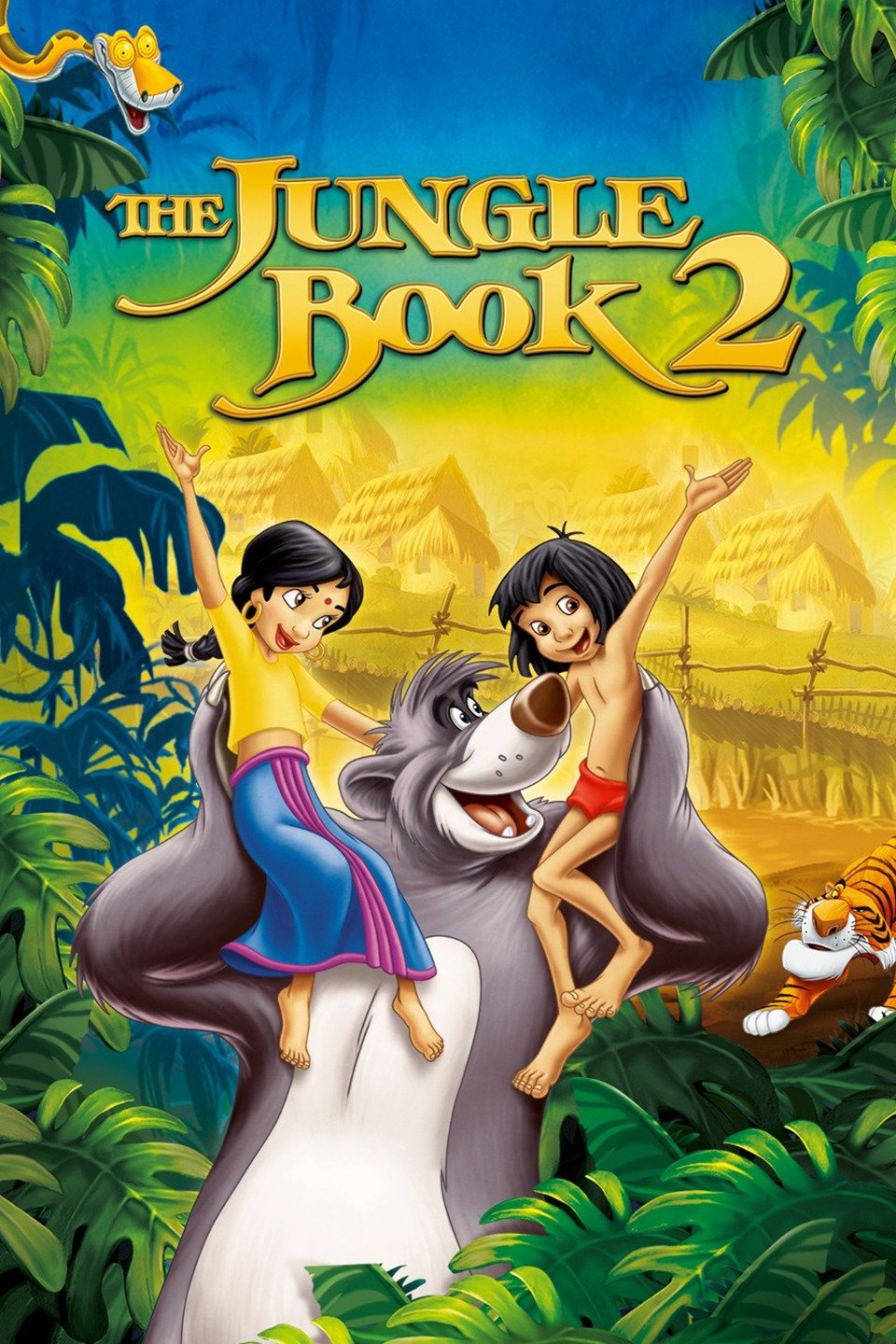

I'll be we haven't given HIM a second thought. Thanks-Giving? Who are we thanking? The Taiwanese sweatshop worker who wove the plastic netting that enwrapped our raw turkey? I'll be we're not. And you know why? Because my comfort is based on an oligarchic pyramid, where we feast while others starve. ME: Oh, yeah, great, why don't we pass the meat that untold numbers of Slavik immigrants had to die to process? Why don't we just spit in the face of the proleteriat and laugh, knowing that he's too malnourished to fight back. As my Dad carved the turkey, the conversation went something like this: Naturally, my high school English teacher felt it necessary to assign "The Jungle" to read over Thanksgiving break. Sinclair also ran unsuccessfully for Congress as a Socialist, and was the Democratic Party nominee for Governor of California in 1934, though his highly progressive campaign was defeated. Time magazine called him "a man with every gift except humor and silence." In 1943, he won the Pulitzer Prize for Fiction. Four years after the initial publication of The Brass Check, the first code of ethics for journalists was created. In 1919, he published The Brass Check, a muckraking exposé of American journalism that publicized the issue of yellow journalism and the limitations of the “free press” in the United States. The Jungle has remained continuously in print since its initial publication. meat packing industry, causing a public uproar that contributed in part to the passage a few months later of the 1906 Pure Food and Drug Act and the Meat Inspection Act.

These direct experiences exposed the horrific conditions in the U.S. To gather information for the novel, Sinclair spent seven weeks undercover working in the meat packing plants of Chicago. He achieved popularity in the first half of the twentieth century, acquiring particular fame for his classic muckraking novel, The Jungle (1906). was an American author who wrote close to one hundred books in many genres.


 0 kommentar(er)
0 kommentar(er)
